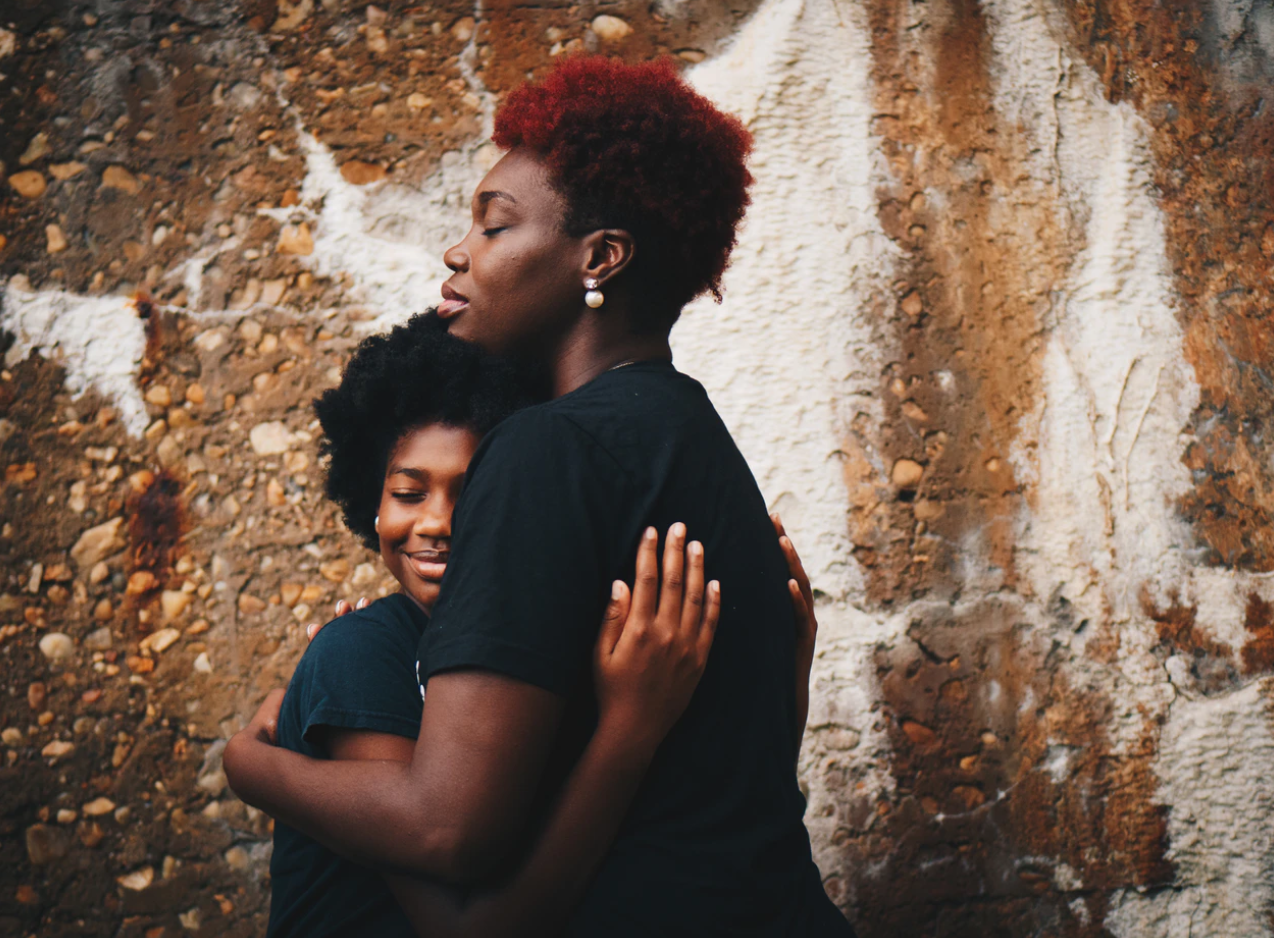
Playmates and Playgrounds: Guiding a Teen into Choosing the Best Peer Group
Children are raised by a parent or parents only to a certain extent; they are also formed and molded by other family members, people in the community and their overall environment. A teen’s peer group is very much an important component in her development, which can be both positive and negative.
Knowing this, what are the best ways to guide a teen into making good choices with whom they socialize, and where they spend their time?
Let her be her own person
For an adolescent to function best as a part of any peer group, she must relate to others from a place of healthy self-esteem and self-assurance. This not only can lend to her being a positive influence on others, it also makes her more resistant to the possible negative influences that might result from peer pressure. A teen who knows her self-worth is often less likely to engage in reckless or destructive behavior.
To help that process along, adult figures in the teenager’s life should work on building up her self-image, regularly affirming and supporting her. Encourage her to try new things, to step out on her own. Show and tell is important here as well: adults in her life can, and should, successfully model the behavior of how a confident person behaves.
Speak from experience in a relatable way
Teenagers often are not generally well-regarded for their willingness to listen to the experience and wisdom of adult figures. That’s fair, because they can be quite obstinate. However, they are like sponges and whether they are trying to or not, absorb a lot of what is going on around them.
Therefore, it can be very beneficial for adults to speak from their own experience when it comes to friends and peer pressure: the downs and ups, the positive role models and the pitfalls. It is a rare grownup who doesn’t feel they made some mistakes as an adolescent; share these experiences with your teenager. When she encounters a certain situation — being unduly influenced by a peer group to do something she knows is possibly dangerous or outside of what she is comfortable with, for instance — remembering your words of caution and advice could give her just the equipment she needs in that moment to navigate the difficult decision of declining to partake.
Listen to her unique struggles with understanding
What kind of friends does the teen girl want? What does she value in her peers? Is it just inclusion at all costs, or are there distinctive traits she is seeking out in her friendships?
There’s a chance the teenager might not be able to fully articulate the answers to questions like this. Much of adolescence feels more driven by instinct and need than a more adult, and learned method, of linear, rational weighing of options. But this is why talking about what’s happening in her social circle can be so beneficial: it can get the teen into thinking for herself rather than adopting the thinking of others, putting her choices first rather than attempting to bend herself to the choices of peers.
As for you and others who guide her through this evolving journey, you become more equipped through this learning experience to serve as a better counsel and role model in future endeavors.



